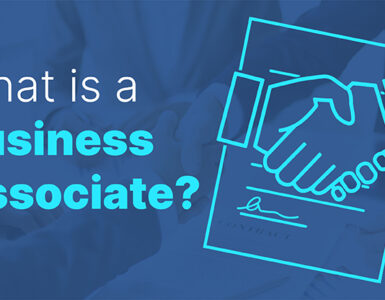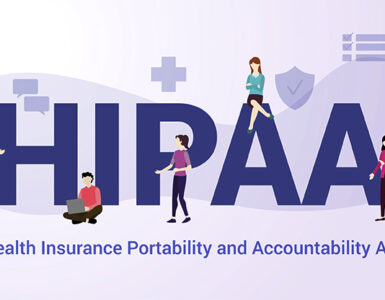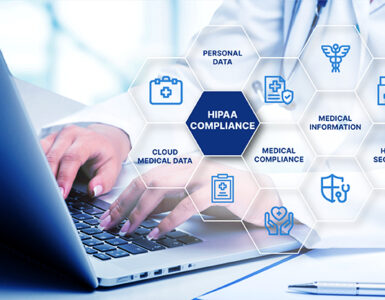Health Insurance Portability and Accountability Act or HIPAA, as it is popularly known was enacted in 1996 by Congress. It came into force on 1 July, 1997. The main purpose of this act is to manage health care delivery system and regulate health insurance industry so that people are protected from frauds, malpractices and discrimination.
The Act provides health insurance coverage to the individuals and their families, who loose or change their jobs. It promotes use of medical saving accounts, frames health insurance procedures and provides access to long term services. The law prohibits discrimination between individuals based on their health conditions and issues guidelines that monitor insurance plans and their providers, so that customers are not cheated and their rights are completely protected.
The ongoing process of conversion of health records into electronic data is the part of the strategy to create a health care system that can be managed in a safe and sound manner. For this HIPAA has issued guidelines that advise on how to protect the crucial patient health information, while it is stored or transferred, electronically. The thrust is on protecting the health information of the patients so that it is not misused.
The Act prohibits use of medical data of patients for any other purpose, except treatment. The data can not be used for marketing purpose and the patients have the complete right to protect their privacy and written consent is needed from them prior to any disclosure of their information to third party. HIPAA makes it mandatory for all the insurers to document their privacy procedures so that the patients know very well how their privacy will be protected. The health insurers are bound to keep all the details confidential and in case individuals or groups feel that their information has been compromised, they can lodge complain with the Department of Health and Human Services (HHS) for civil rights.
In the end it can be rightly said that Health Insurance Portability and Accountability Act acts as guardian of the health care system by efficiently managing health insurance system and placing safeguards in it to make it tamper proof. This all translates into a credible health delivery system that fulfills health care requirements of the patients in a safe and secure manner.
HIPAA compliance makes it easy to maintain confidentiality of patient health information.
To get more information, visit https://www.empowerelearning.com/





